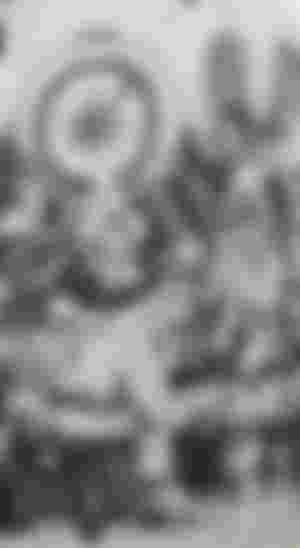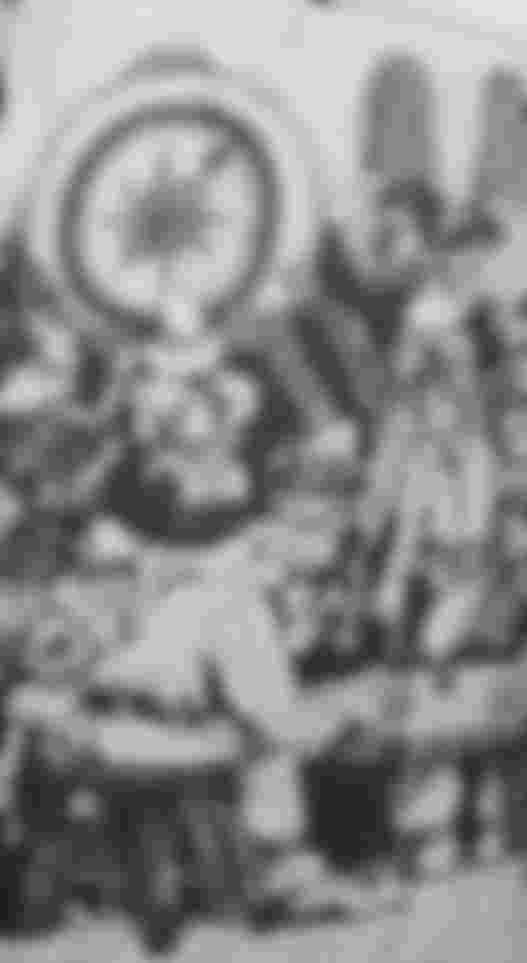(The Library: Book Review) It is often said that through trial and error, we eventually stand up to the challenges that we set for ourselves. This is often how we advance and how markets behave; two steps forwards, one step backwards. Or the other way around. However, when it comes to justice, the presumption of innocence and the right to a fair trial are fundamental. In The Trial, Franz Kafka tells us the story of a man which attempts to navigate the ocean of absurdity and confusion which forms the basic idea behind the term "Kafkaesque". Pros and cons:
Pros
Semi-autobiographical work published posthumously in 1925
An interesting critique of many things
A perspective into the falsely accused's point of view
Cons
Can be depressing, much as The Metamorphosis
The work of Kafka presented here was written in 1914-1915 and published in 1925. It can be interpreted in multiple ways and given many meanings. It shares some of the mystique that goes along with other famous books or movies that are full of symbolism. The Shining by Stanley Kubrick comes to mind. What did Kafka mean when he portrayed that sequence? Was it religious criticism since he was Jewish? Was it related to the events leading to World War I, or of a political nature even? Some have found psychoanalytical criticism to be present.
The best way to represent yourself The Trial is as a dream that makes a lot of sense. But its still a dream. So overall, the fabric behind it and the overall logic are sometimes insanely convoluted, yet still making some sense. The imagery is described but the intentions and the fabric of the world are left in doubt. This is why I say that this book can be a depressing read. I still recommend it tough. I enjoyed it more than The Metamorphosis, covered recently in another review. Both are important in my regard and both leave a lasting impression.
We here see once again the same sensation of hopelessness I've described in the review of The Metamorphosis when referring to "the crib". In The Trial, Joseph K. the main protagonist, feels totally powerless, well, almost. The justice system appears more like a circus of freaks where various actors have a job to do and where the bureaucracy is a maze best left alone. However, for the poor Mr. K., the maze engulfs him without asking permission and without warning. It also reminds us of The Castle, by the same author. Here, the problems start in the bed, much as in The Metamorphosis also. This is also why I mention as a Pro that you here have an example of the falsely accused's perspective when everything, it seems, turns against him, without giving him a fair chance through the system.
When reading a book without images, you have to imagine them yourself. John Blanche was instrumental in providing the proper visual context for Kafka's work here. All in black and white, it fits like a glove. Provided for illustrative purposes, this comes from the recently reviewed book series "Sorcery!" and can help you properly visualise the world of The Trial:

Thanks for reading!
